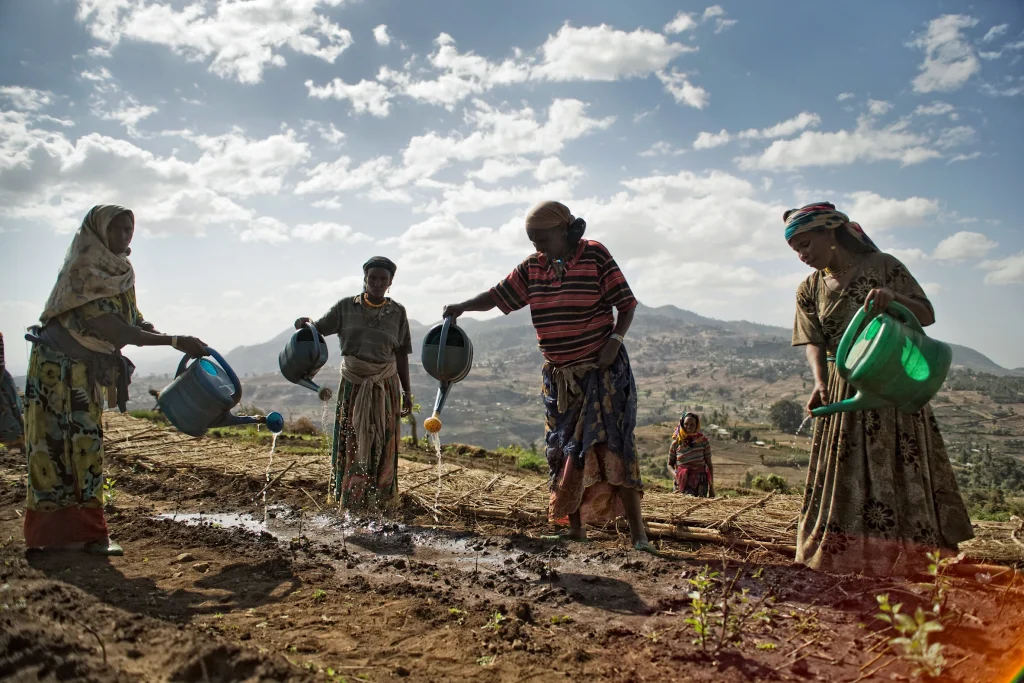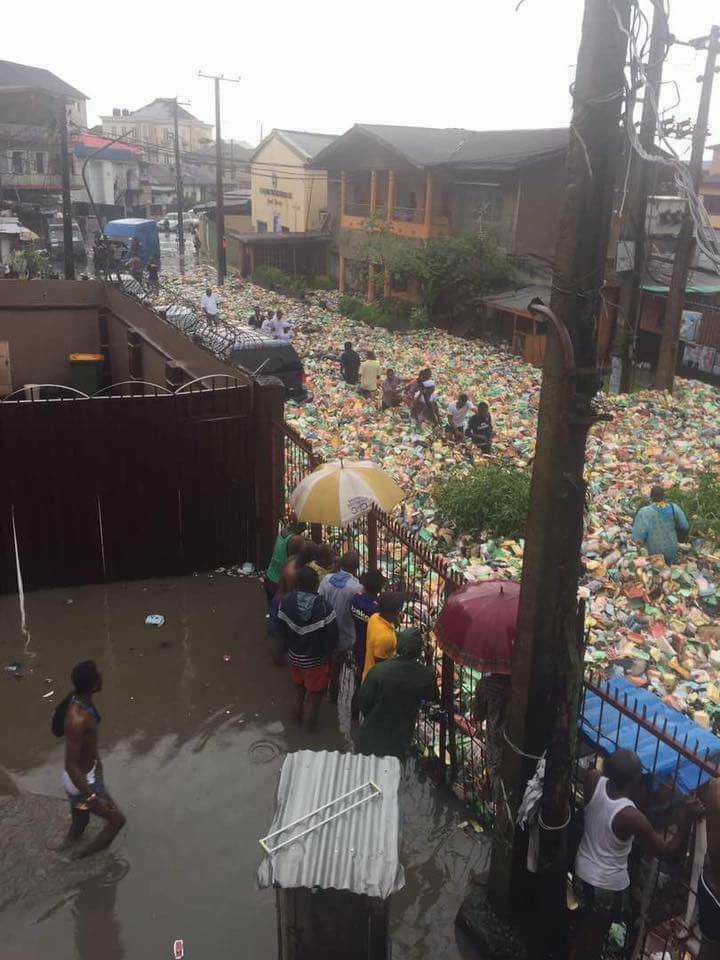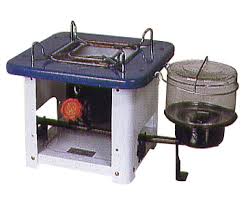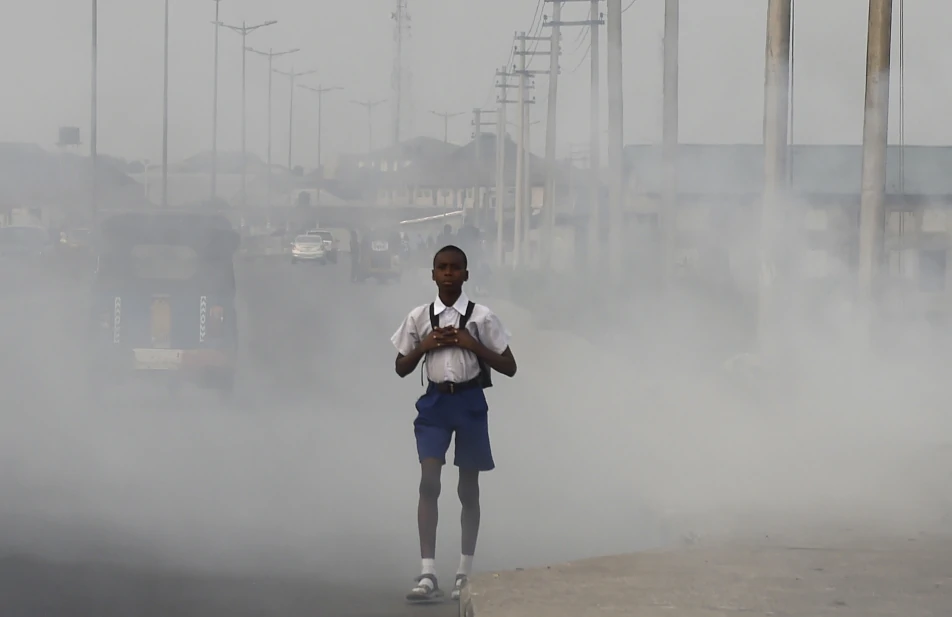Series 1: Manage Your Water
Do you waste or conserve water at home?
Do you consciously turn off a running tap to avoid water waste? As the world begins to experience severe impact of Climate Change, we need to adjust and adopt new ways of doing things. Extreme flooding as experienced in many parts of the world and the shrinking of the Lake Chad region of West Africa are signs of climate disruptions which may not go away soon.
The policy community needs to step up in providing policy framework for household and public management of water resources. Water is one of the most important existential human resources, yet it is the most misused.
Turn off your running tap, encourage your household to save and not waste water.


Series 2: The Street is not Your Bin
How do you know one who regards nature? Simple! They keep their surrounding clean. I have seen people dress so well, drive nice cars but throw trash out of the car window. This happens in countries where laws are weak.
The consequences now leave with us, causing damage to human and infrastructure.
Indiscriminate disposal of solid wastes block waterways, reducing the speed by which water flows to low level areas. Tons of plastic or non-biodegradable wastes still clog the drains resulting in excessive flooding.
According to Nigeria Emergency Management Agency, Nigeria lost 2.4trillion naira (approx. half of the entire federal annual budget for 2012) to flooding.
In spite of the humongous loss to flooding many of the citizens still do not adopt good practices in disposing their solid wastes. While an appeal to the public to stop them from throwing wastes indiscriminately may work, economic incentives in the form of fines, seems to be a better option.
Series 3: Turn off the Light
Please turn off the switch, unplug your computers, TVs and other electronic when not in use. All forms of electricity generation have an environmental impact on air, water and land.
Producing and using electricity more efficiently reduces both the amount of fuel needed to generate electricity and the amount of greenhouse gases and other air pollution emitted as a result. Electricity from renewable resources such as solar, geothermal, and wind generally does not contribute to climate change or local air pollution since no fuels are combusted.
It is advisable to opt for renewable energy sources.
Do not forget! Turn off the light when not in use.


Series 4: Slowly Kerosene Kills
In 2015, Nigeria spent $1billion on Kerosene subsidy.
That sounds like a political score card?
No! It is a silent death sentence. World Health Organisation indoor air quality guideline discourages the use of kerosene as a household fuel in unvented wick cook stoves or kerosene lamps.
Studies for kerosene used for cooking or lighting indicates that kerosene emission impair lung function and increase the risk of tuberculosis.
Kerosene use can also results in burns and poisoning particularly among children.
Kerosene emissions contain high level of black carbon – carbon monoxide, nitrogen dioxide and sulphur dioxide, making it a major concern for climate change.
Series 5: By All means; be sure your breathe is Fresh
How can you control the air you breathe?
Difficult?
Here is why you must be in charge of the air you take in.
About 7million deaths (approx. 11.6% of all global deaths) are associated with indoor and outdoor pollution. The International Agency for Research on Cancer report concludes that outdoor air pollution is Carcinogenic, responsible for the high mortality from lung cancer, respiratory complications, stroke and heart diseases.
These staggering findings cannot be left unaddressed.
Sources of outdoor air pollution tend to be the combustion of fuels for transport, power generating sets or other human activities while indoor air pollution can be cause by a range of activities such as smoking cigarettes (tobacco smoke), cooking or heating with biomass fuels or coal.
A recent World Health Organisation, WHO report on global Pollution index labeled Nigeria’s cities of Onitsha, Kaduna, Umuahia and Aba as among the world’s most polluted cities.


